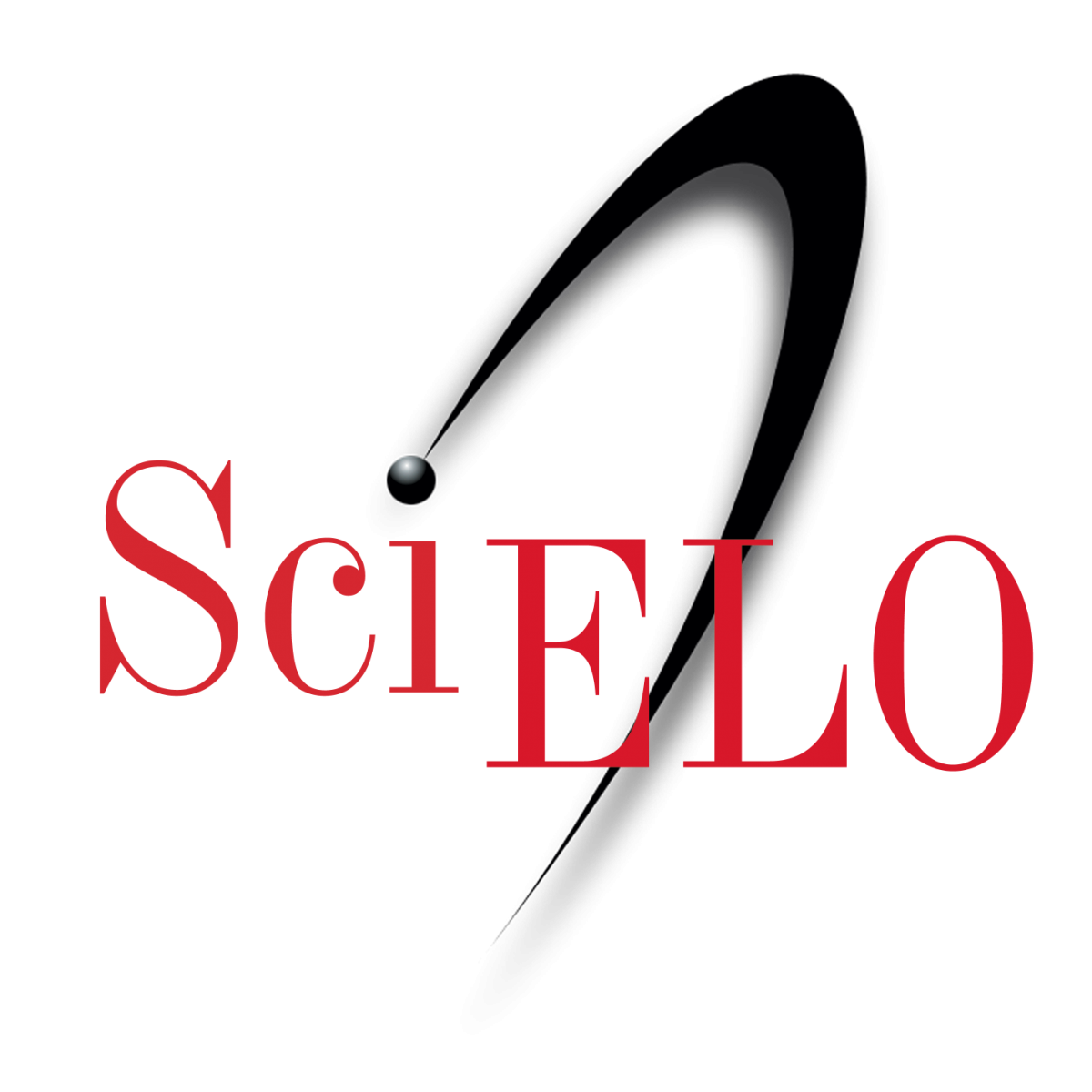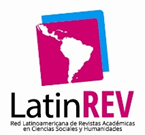Meanings constructed around science teaching by primary school teachers in a rural commune of the Coquimbo Region, Chile.
DOI:
https://doi.org/10.21703/rexe.v22i49.1555Abstract
From a qualitative approach, this study analyzes the meanings that teachers working in primary schools in a rural commune of the Coquimbo Region, Chile, construct around the concept of science and its teaching. Within this framework, the study delves into the idea of science that teachers handle, the approach given to its teaching and its contribution to the development of students. In terms of findings, teachers show the preeminence of an idealized conception of science, together with deficiencies in terms of knowledge and management of theoretical content, which results in the privilege of experimentation both as a factor of professional legitimization and as a means to motivate students' interest. There is a concern for students and their learning, especially in relation to the development of analytical and reflective skills. At the same time, teachers understand scientific knowledge as a source of social mobility, as it would enable students to leave behind their vulnerable condition.
Downloads
References
Aarón, M. (2016). El contexto, elemento de análisis para enseñar. Revista del Instituto de Estudios en Educación y del Instituto de Idiomas Universidad del Norte, (25), 34-48. http://www.scielo.org.co/pdf/zop/n25/n25a04.pdf
Acevedo, J. (2008). El estado actual de la naturaleza de la ciencia en la didáctica de las ciencias. Revista Eureka sobre Enseñanza y Divulgación de las Ciencias, 5(2), 134-169. http://www.redalyc.org/pdf/920/92050202.pdf
Acevedo, J., García, A., & Aragón, M. (2017). Enseñar y aprender sobre naturaleza de la ciencia mediante el análisis de controversias de historia de la ciencia. Educación Química, 28, 140-146. http://dx.doi.org/10.1016/j.eq.2016.12.003
Adúriz-Bravo, A., e Izquierdo, M. (2002). Acerca de la didáctica de las ciencias como disciplina autónoma. Revista Electrónica de Enseñanza de las Ciencias, 1(3), 130-140. http://reec.uvigo.es/volumenes/volumen1/REEC_1_3_1.pdf
Alabdulkareem, S. (2016). The Impact of Science Teachers’ Beliefs on Teaching Science: The Case of Saudi Science Teachers. Journal of Education and Learning, 5(2), 233-249. http://dx.doi.org/10.5539/jel.v5n2p233
Allen, R. (2006). The essential of science, Grades K-6. Effective curriculum, instruction and assessment. Association for Supervision and Curriculum Development - ASCD.
Alvarado, M. y Flores-Camacho, F. (2010). Percepciones y supuestos sobre la enseñanza de la ciencia: Las concepciones de los investigadores universitarios. Perfiles educativos, 32(128), 10-26. http://www.scielo.org.mx/pdf/peredu/v32n128/v32n128a2.pdf
Arancibia, M., Novoa, V., y Casanova, R. (2019). Concepciones sobre evaluación de docentes de Ciencias Naturales, Matemática, Lenguaje e Historia. Revista Educación, 43(1), 418-432. https://dx.doi.org/10.15517/revedu.v43i1.30497
Bradley-Levine, J. y Mosier, G. (2014). Literature Review on Project-Based Learning. University of Indianapolis. Center of Excellence in Leadership of Learning. http://1stmakerspace.com.s3.amazonaws.com/Resources/PBL-Lit-Review_Jan14.2014.pdf
Brickhouse, N. (1990). Teachers’ Beliefs About the Nature of Science and Their Relationship to Classroom Practice. Journal of Teacher Education, 41(3), 53-62. https://dx.doi.org/10.1177/002248719004100307
Bybee, R., Buchwald, C., Crissman, S., Heil, D., Kuerbis, P., Matsumoto, C., y McInerney, J. (1989). Science and Technology Education for the Elementary Years: Frameworks for Curriculum and Instruction. The National Center for Improvinf, Science Education. https://eric.ed.gov/?id=ED314237
Busquets, T., Silva, M., y Larrosa, P (2016). Reflexiones sobre el aprendizaje de las ciencias naturales. Nuevas aproximaciones y desafíos. Estudios pedagógicos (Valdivia), 42(especial), 117-135. https://dx.doi.org/10.4067/S0718-07052016000300010
Cofré, H., Camacho, J., Galaz, A., Jiménez, J., Santibáñez, D., y Vergara, C. (2010). La educación científica en Chile: debilidades de la enseñanza y futuros desafíos de la educación de profesores de ciencia. Estudios pedagógicos (Valdivia), 36(2), 279-293. https://dx.doi.org/10.4067/S0718-07052010000200016
Cofré, H., Vergara, C., Lederman, N. G., Lederman, J. S., Santibáñez, D., Jiménez, J., y Yancovic, M. (2014). Improving Chilean In-service Elementary Teachers’ Understanding of Nature of Science Using Self-contained NOS and Content-Embedded Mini-Courses. Journal of Science Teacher Education, 25(7), 759-783. https://doi.org/10.1007/s10972-014-9399-7
Corica, J. (2020). Resistencia docente al cambio: Caracterización y estrategias para un problema no resuelto. Revista Iberoamericana de Educación a Distancia, 23(2), 255-272. https://doi.org/10.5944/ried.23.2.26578
Garraway-Lashley, Y. (2019). Teaching Science at the Primary School Level: “Problems Teachers’ are facing”. Asian Journal of Education and e-Learning, 7(3), 81-94. https://dx.doi.org/10.24203/ajeel.v7i3.5847
Gil, D. y Vilches, A. (2006). Educación ciudadana y alfabetización científica: mitos y realidades. Revista Iberoamericana de Educación, 42(1), 31-53. https://doi.org/10.35362/rie420760
González, C., Martínez, M. T. y Martínez, C. (2009). La educación científica como apoyo a la movilidad social: desafíos en torno al rol del profesor secundario en la implementación de la indagación científica como enfoque pedagógico. Estudios Pedagógicos, 35(1), 63-78. http://dx.doi.org/10.4067/S0718-07052009000100004
Gurdián-Fernández, A. (2007). El Paradigma Cualitativo en la Investigación Socio-Educativa. Coordinación Educativa y Cultural Centroamericana (CECC)/Agencia Española de Cooperación Internacional (AECI).
Harlen, W. (2007). Enseñanza y aprendizaje de las ciencias. Morata.
Jiménez, R. (2014). Globarruralización: cómo el medio rural se ve afectado por la globalización y las TIC. GeoGraphos, 5(67), 283-311. https://doi.org/10.14198/GEOGRA2014.5.67
Kaufman, M., Fumagalli, L., y Porlán, R. (2011). Enseñar ciencias naturales: reflexiones y propuestas didácticas. Paidos.
Koponen, I. (2021). Nature of Science (NOS) Being Acquainted with Science of Science (SoS): Providing a Panoramic Picture of Sciences to Embody NOS for Pre-Service Teachers. Educ. Sci., 11(3), 107. https://doi.org/10.3390/educsci11030107
Kvale, S. (2007). Doing interviews. Sage Publications Ltda.
Lederman, N., McComas, W., y Matthews, M. (1998). Editorial. Science & Education, 7(6), 507-509. https://doi.org/10.1023/A:1008673506387
Lemke, J. (1997). Aprender a hablar ciencia. Paidos.
Litwin, E. (2008). El oficio de enseñar. Condiciones y contextos. Paidos.
McComas, W., Clough, P., y Almazroa, H. (2002). The Role and Character of the Nature of Science in Science Education. En The Nature of Science in Science Education. Rationales and Strategies. (pp. 3-39). Kluwer Academic Publishers.
Masjuan, M., Elias, M. y Trojano, H. (2009). El contexto de enseñanza un elemento fundamental en la implementación de innovaciones pedagógicas relacionadas con los Créditos Europeos. Revista Complutense de Educación, 20(2), 355-380. https://revistas.ucm.es/index.php/RCED/article/view/RCED0909220355A/15317
Mayan, M. (2001). Una Introducción a los Métodos Cualitativos: Módulo de Entrenamiento para Estudiantes y Profesionales. Qual Institute Press. International Institute for Qualitative Methodology.
Merriam, S., y Grenier, R. (2019). Qualitative Research in Practice: Examples for Discussion and Analysis. Jossey-Bass.
Miles, M., Huberman, M., y Saldaña, J. (2014). Qualitative data analysis. A methods sourcebook. SAGE.
Mucchielli, A. (2001). Diccionario de Métodos Cualitativos en Ciencias Sociales. Síntesis.
Osses, S., Sánchez, I., e Ibáñez, F. (2006). Investigación cualitativa en educación: hacia la generación de teoría a través del proceso analítico. Revista Estudios Pedagógicos, 32(1), 119-133. https://www.scielo.cl/scielo.php?script=sci_arttext&pid=S0718-07052006000100007
Patrick, P., y Tunnicliffe, S. (2010). Science teachers' drawings of what is inside the human body. Journal of Biological Education, 44(2), 81-87. http://dx.doi.org/10.1080/00219266.2010.9656198
Rosas, M. (2013). Nueva Ruralidad desde dos visiones de progreso rural y sustentabilidad: Economía Ambiental y Economía Ecológica. Polis, (34), 1-15. http://journals.openedition.org/polis/8846
Tacca, R. (2010). La enseñanza de las Ciencias Naturales en la Educación Básica. Investigación Educativa, 14(26), 139-152. https://revistasinvestigacion.unmsm.edu.pe/index.php/educa/article/view/4293
Taylor, S., Bodgan, R., y DeVault, M. (2015). Introduction to Qualitative Research Methods. A guidebook and resource (4th. Edition). Wiley.
Tekkaya, C., Cakiroglu, J., y Ozkan, O. (2004). Turkish Pre-service Science Teachers’ Understanding of Science and their Confidence in Teaching it. Journal of Education for Teaching, 30(1), 57-66. https://dx.doi.org/10.1080/0260747032000162316
Vázquez, A., Acevedo, J. A., y Manassero, M. (2004). Consensos sobre la naturaleza de la ciencia: evidencias e implicaciones para su enseñanza. Revista Iberoamericana de Educación, 34(1), 1-37. https://doi.org/10.35362/rie3412895
Widodo, A., Rochintaniawati, D., y Riandi. (2017). Primary school teachers’ understanding of essential science concepts. Cakrawala Pendidikan, 36(3), 522-528. https://idr.uin-antasari.ac.id/12690/1/Artikel%20Jurnal.pdf
Woolcott, G. (2013). The Place of the Natural Sciences in the Modern Curriculum: The View from Modern Science. The International Journal of Pedagogy and Curriculum, 19(3), 269-278. https://dx.doi.org/10.18848/2327-7963/CGP/v19i03/48932
Downloads
Published
Issue
Section
License
Open Access Policy
This journal provides immediate open access to its content, based on the principle that offering the public free access to research fosters greater global knowledge exchange.
License
The REXE Journal, “Journal of Studies and Experiences in Education,” published by the Faculty of Education at the Universidad Católica de la Santísima Concepción, is distributed under a License. Creative Commons Atribución 4.0 Internacional.






